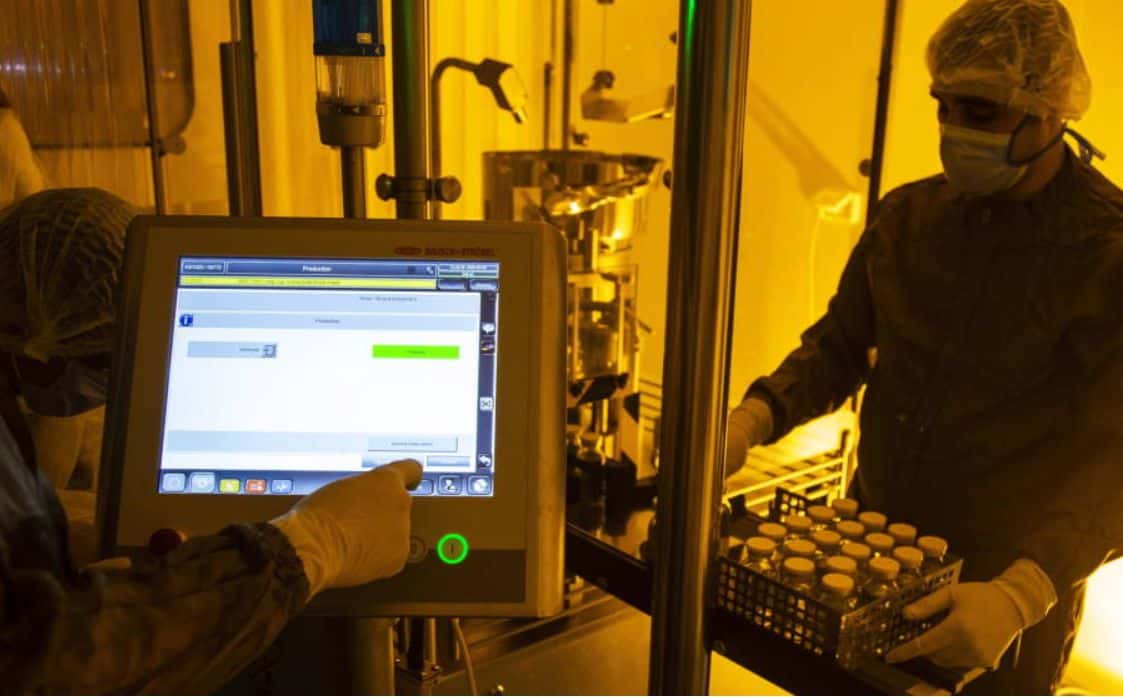Researchers at the Hans-Guido Wendel Sloan Kettering Institute laboratory in New York (USA) have discovered a metabolic enzyme (SHMT2) that drives lymphoma and could be a potential pharmacological target for cancer therapies, provided there is a way to specifically focus on cancer cells.
The researchers, who have published the study in the journal ‘Nature,’ note that because of how aggressively they divide, cancer cells are in greater demand for building materials and energy. They meet these additional demands by altering their metabolism, taking large amounts of fuel, for example. Historically, these metabolic changes have been considered a consequence rather than a cause of cancer and are therefore not good drug targets. However, this new study challenges that assumption.
“We found that increased activity of a normal metabolic enzyme, called SHMT2, is enough to transform normal B cells into B-cell lymphomas,” said Sara Parsa, a postdoctoral fellow at Wendel’s lab and first author of an article describing this results.
Enzymes are proteins that speed up chemical reactions. SHMT2’s primary role is to accelerate the conversion of the amino acid serine to glycine, while simultaneously generating a small molecule called the methyl group. The researchers found that this methyl group binds to the on / off switch (called a promoter) of genes encoding previously unrecognized tumour suppressor proteins. This binding turns off these tumor suppressors, resulting in B-cell lymphoma.
S HMT2 is found on a region of chromosome 12 that is often amplified (present in multiple copies) in B-cell lymphoma. Increased number of gene copies leads to more enzyme production. In animals, this is sufficient to cause lymphomas. The researchers note that other cancer cells also have the same genetic amplification and contain abundant SHMT2, revealing that this is a common theme that could be exploited therapeutically.
While scientists have documented previous links between metabolism and cancer, most of these involve metabolic proteins that are mutated (genetically altered). “This may be the first time that anyone has shown that too much normal metabolic enzyme can lead to cancer. It reinforces the idea that metabolic changes may be a cause rather than a simple effect of cancer,” Wendel explained.
